Advanced Fishing Psychology: How Modern Science Optimizes the Fishing Experience from "Flow" to "Mindfulness"
For centuries, fishing has been more than a hobby—it’s a meditative escape, a test of patience, and a quest to connect with nature. Today, modern science is unraveling how fishing psychology can elevate this experience, blending concepts like “flow” (optimal mental engagement) and mindfulness with practical strategies to enhance every cast, wait, and catch. Whether you’re gearing up with the best fishing pole for shore fishing or fine-tuning your technique, understanding the psychology behind the hobby can transform your time on the water.
The Science of “Flow”: Hooked in the Zone
Psychologist Mihaly Csikszentmihalyi’s “flow state”—that immersive, time-loss state where skill meets challenge—is a holy grail for anglers. Fishing demands focus: tracking currents, anticipating bites, and adjusting to shifting conditions. To enter flow, start by setting clear, achievable goals and eliminating distractions .
Modern gear plays a role here, too. A lightweight best telescopic rod and reel reduces physical strain, letting you stay in the moment longer. Similarly, a versatile casting rod or jigging rod that matches your skill level builds confidence, a key ingredient for flow. When your fishing equipment feels like an extension of your intent, you’re primed to lose yourself in the rhythm of the water.
Mindfulness on the Water: From Waiting to “Being Present”
Fishing’s quiet moments—sitting by the shore, watching ripples, or listening to birds—offer a rare chance to practice mindfulness. Research shows that repetitive actions (like baiting a hook or reeling in line) can induce a meditative state, lowering cortisol and boosting mood. To lean into this:
- Engage your senses: Feel the rod’s vibration, smell the earthy scent of the shore, and listen to the water’s nuances.
- Let go of “results”: Focus on the process, not just the catch. A day without bites becomes an opportunity to appreciate subtler joys.
- Use gear as a tool for presence: Even the shop fishing gear selection process—choosing lures that match the environment—can be a mindful ritual, connecting you to the ecosystem you’re a part of.
Gear Psychology: Choosing Tools That Align with Your “Fishing Identity”
Ever felt a surge of excitement when reaching for your go-to favorite fishing rods? That’s no accident. Our gear often becomes an extension of our self-image as anglers. Psychologists call this “tool embodiment”: when a rod, reel, or accessory feels uniquely “yours,” it boosts confidence and emotional investment.
To leverage this:
- Identify your fishing style: Shore anglers prioritize portability (hence the appeal of a best fishing pole for shore fishing) and versatility, while tournament anglers seek precision-engineered gear.
- Invest in quality over quantity: A durable jigging rod that performs reliably fosters trust, reducing stress during critical moments.
- Experiment to find “flow gear”: Try different casting rods or reels to discover which tools let you “get into the zone” most naturally.
From Theory to Practice: Building a Psychology-First Routine
Ready to apply fishing psychology to your next trip? Start with these steps:
- Pre-Trip Mindset: Visualize success (landing a fish, enjoying the scenery) to prime positive expectations.
- On-Site Rituals: Dedicate 10 minutes to quiet observation—watching wildlife, feeling the breeze—to transition into “fishing mode.”
- Gear Optimization: Pair your skill level with the right tools (e.g., a casting rod for beginners to build control, a jigging rod for experienced anglers chasing structure).
- Post-Trip Reflection: Journal about your flow moments, challenges overcome, or lessons learned—turning each trip into a growth opportunity.
Conclusion: Fishing as a Mental Workout
Modern fishing isn’t just about catching fish; it’s about cultivating mental strength, resilience, and connection. By integrating flow principles, mindfulness practices, and gear psychology, you can turn every trip into a therapeutic escape. Remember: the right best telescopic rod and reel, the perfect casting rod, or your favorite fishing rods are tools, but your mindset is the true game-changer. So next time you hit the water, leave stress behind—embrace the journey, and let the science of fishing psychology guide you to deeper joy.
Ready to upgrade your gear and mindset? Explore our curated selection of shop fishing gear today and start fishing smarter—both mentally and physically. 🎣



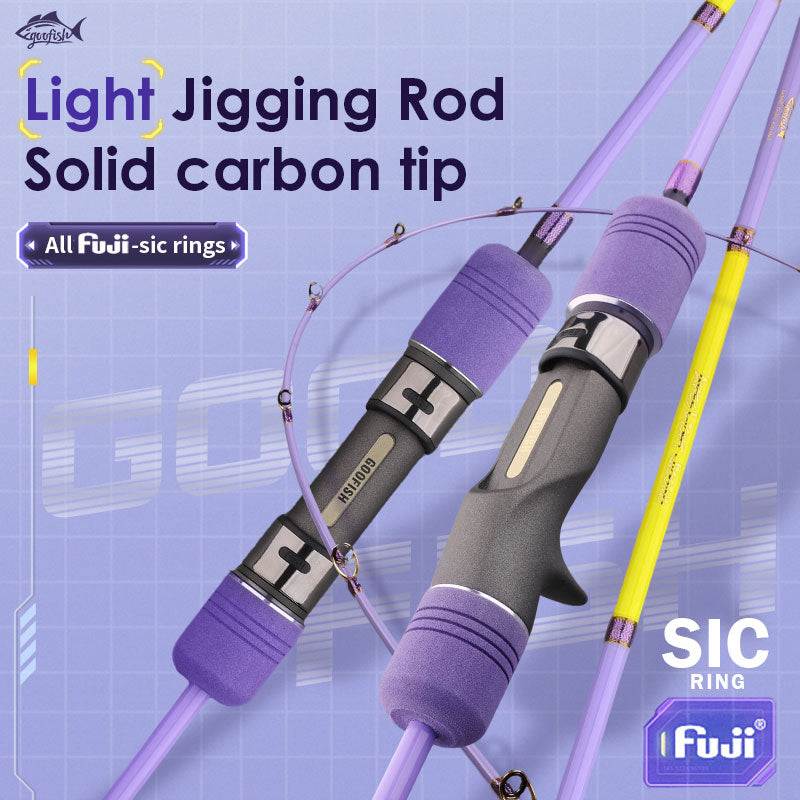
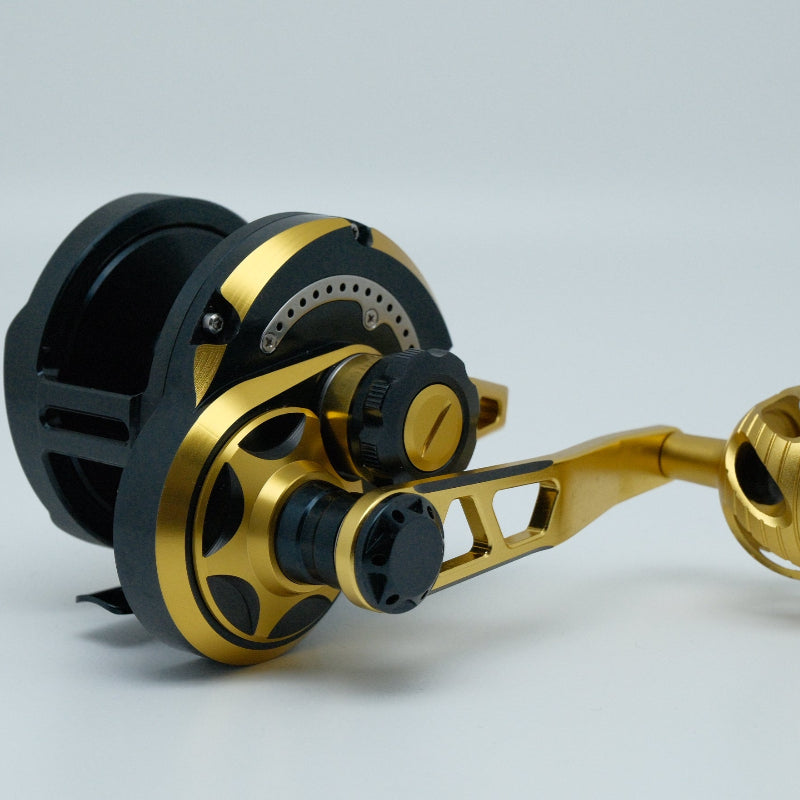
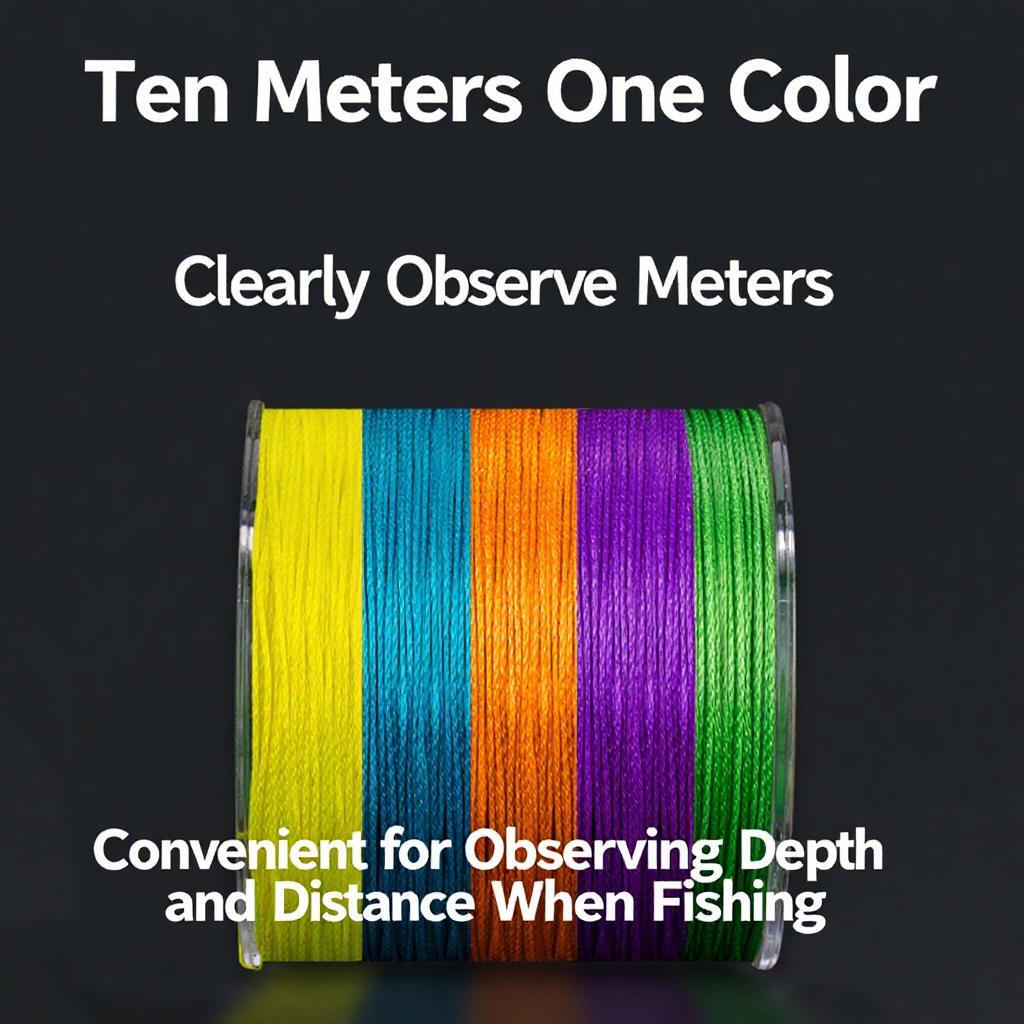
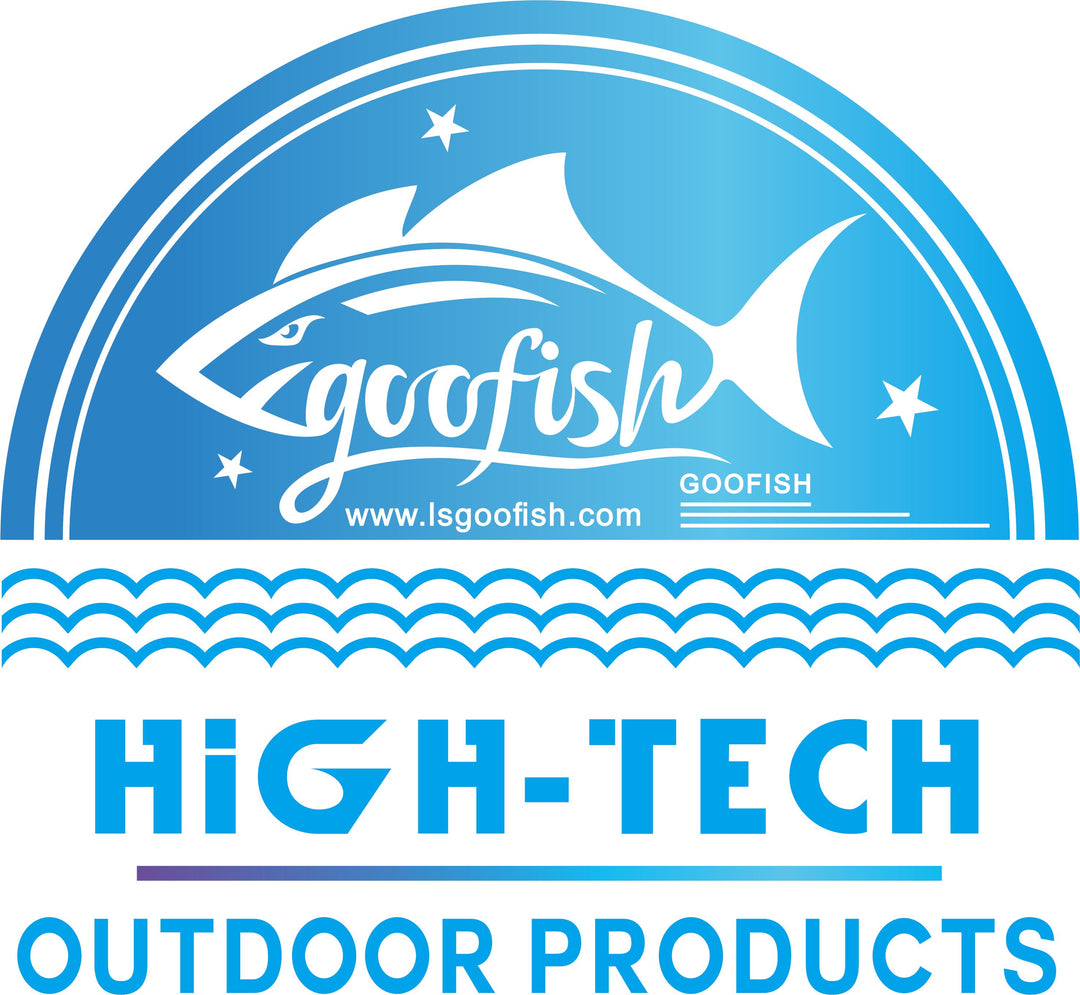



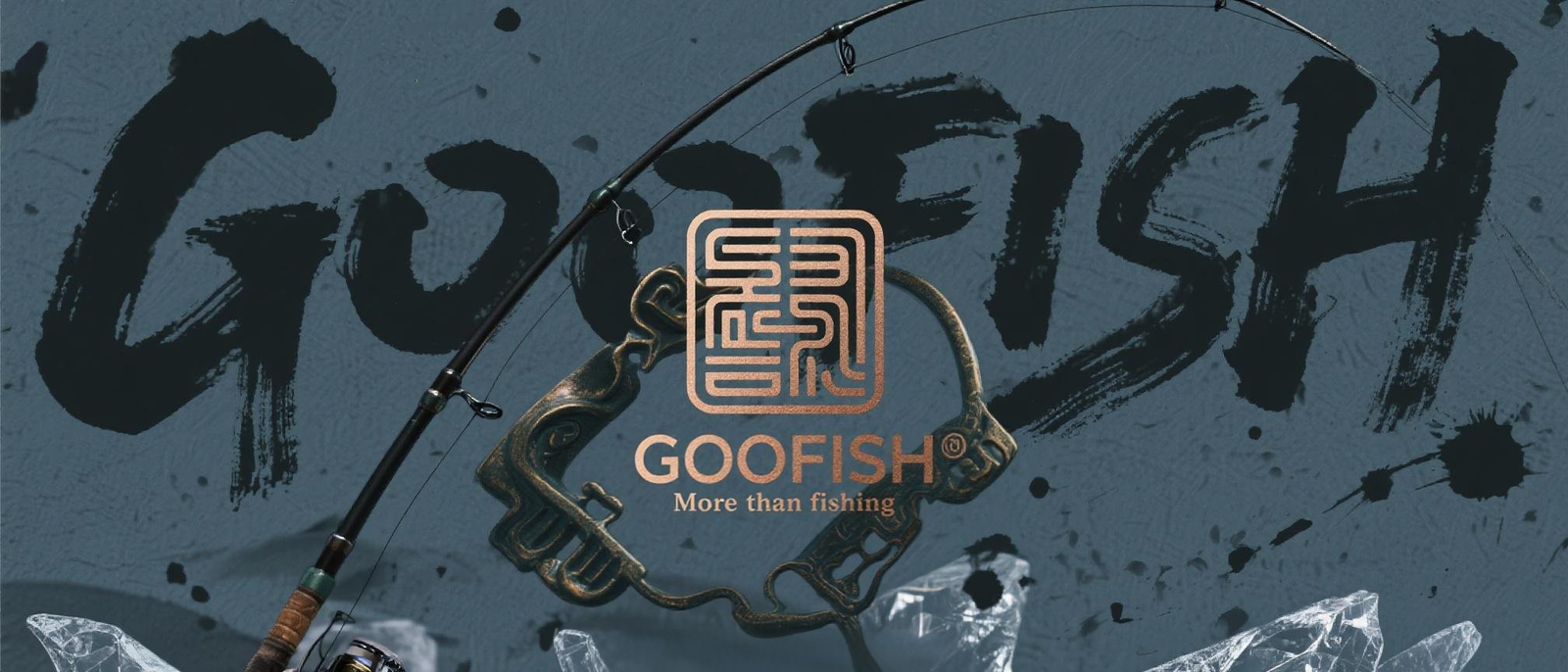
Leave a comment